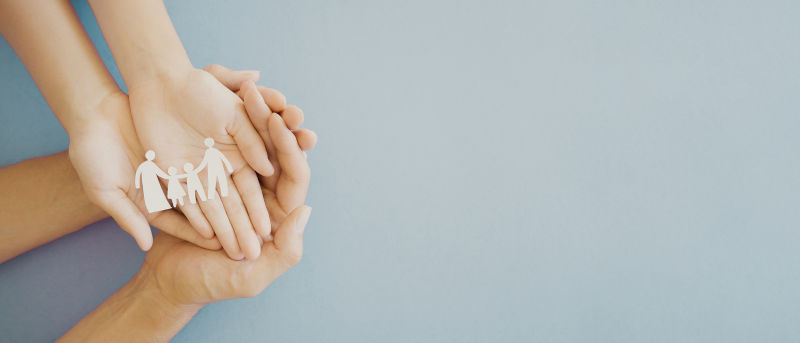Domestic and family violence: brave men are vulnerable not violent
November 19, 2023
Australian national and state governments are very good at holding inquiries and releasing reports aimed at tackling wicked problems. Top of todays long list is Domestic and Family Violence (DFV), where all governments combined to produce another National Plan last year:
On 17October2022, the Australian, state and territory governments released theNational Plan to End Violence against Women and Children 20222032(National Plan).
The National Plan is the overarching national policy framework that will guide actions towards ending violence against women and children over the next 10years.
It highlights how all parts of society, including governments, businesses and workplaces, media, schools and educational institutions, the family, domestic and sexual violence sector, communities and all individuals, must work together to achieve the shared vision of ending gender-based violence in one generation.
The National Plan outlines what needs to happen to achieve the vision of ending violence in one generation, across four domains:
- Prevention working to change the underlying social drivers of violence by addressing the attitudes and systems that drive violence against women and children to stop it before it starts.
- Early intervention identifying and supporting individuals who are at high risk of experiencing or perpetrating violence and prevent it from reoccurring.
- Response providing services and supports to address existing violence and support victim-survivors experiencing violence, such as crisis support and police intervention, and a trauma-informed justice system that will hold people who use violence to account.
- Recovery and healing helping to reduce the risk of re-traumatisation, and supporting victim-survivors to be safe and healthy to be able to recover from trauma and the physical, mental, emotional, and economic impacts of violence.
Now that you know the plan, what will actually happen? Most likely a lot of busy work by politicians, bureaucrats and NGOs with contracts to provide support services as part of the Care Economy. All well intentioned.
But what will happen in local communities, among families and friends, between neighbours, and in the schools and early child care centres?
Probably more of the same awkward silences, face-saving denial, and not wanting to interfere.
In short, this is not good enough. Some seismic change right now needs to shake men in our local communities out of their denial and into combined sharing about this scourge.
Adults need to listen to children, across cultures, faiths and generations. People need to reclaim their agency and responsibility for looking out for each other. And men need to admit their ingrained lack of emotional resilience, their need for help to become more active in listening, more openly vulnerable, and to be brave enough to admit they have a problem with anger management and dealing with stress.
This is Home Work. For everyone at home, and at school, and child care, and workplaces. Its for each of us to do not the Care Economy.
Where we need the Care Economys contracted providers is for the acute DFV triaging, and slower specialist healing and recovery support, plus steering perpetrators through rehabilitation away from everyone else.
But nothing will change across society until the way power is exercised in our families and communities changes men need to learn to be in Respectful Relationships with Women, Children and each other. And it needs to start with Boys and Men learning alongside each other.
At 71, having grown up in a four male/one female family and attended an all boys school throughout my 1950s and 1960s school years, I am still on a lifelong journey of trying to unlearn the sexist, misogynous and power imbalanced unconsciousness that is being an Aussie Bloke.
And the friends I have made in Asian Australian communities, Middle Eastern Australian communities, and First People, all share the same knowledge. Men are inadequately prepared for respectful adult life, when they concentrate on pulling yourself together and getting on with the job.
Fear, Anxiety and Depression are rife among young men of all cultures and beliefs who are stuck trying to live up to a totally outdated version of masculinity. This leads to ongoing inner stress and anxiety, despite appearances, and then when a tipping point happens it leads to self-harm, suicide, or bashing women and children.
All because men in our society and its multicultural member groups Dont Talk About It!
No wonder Lifeline tries to promote Lets Talk About It among young people, to begin allowing kids to de-stress. Its a direct way to save lives.
DFV will only be reduced when We Are All Talking About It, and practising Respectful Relationships across genders, ages, races and faiths.
So its over to you, men and boys. Get together and start sharing about your fears and anxieties and sense of failing to be some idealised version of manhood. Help each other to learn to be people who treat women and children with equal respect. And their cultures, beliefs and gender diversity.
Then the Care Economys DFV specialists can focus on triaging the critical cases, and trying to support healing and recovery.
Male leaders in schools, faiths and community groups need to set up appropriate separate access to rehabilitation for DFV perpetrators, and keep the victim survivors (women and children) firewalled from repeat offending. Thats responsible, respectful family and community leadership.

